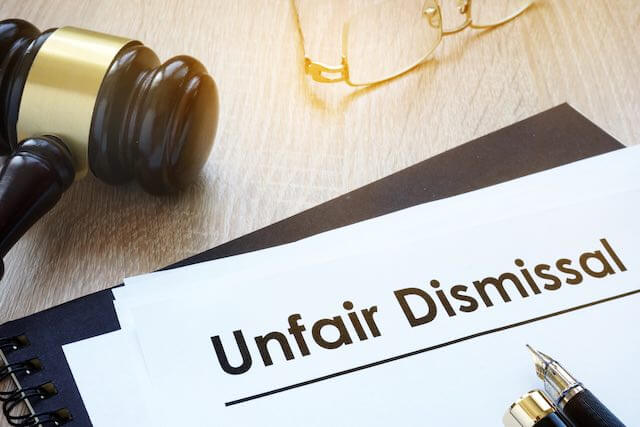The federal appeals court has ruled on an employee’s appeal challenging an arbitrator’s decision that her removal would be mitigated to an extended suspension of 561 days. (Borza v Department of Commerce (CAFC No. 2018-1873 (nonprecedential) 5/29/19) Here’s what happened.
Ms. Borza was a 17-year employee of the U.S. Census Bureau when the agency’s Inspector General got an anonymous complaint that she and several others had regularly claimed time and been paid for hours they did not actually work. In Ms. Borza’s case the IG concluded that she was paid for in excess of 900 hours of work she did not actually perform, amounting to about $40,000 in gross income she had not earned. (Opinion p. 2)
The agency terminated Borza and her union filed a grievance in her behalf, followed by arbitration under the collective bargaining agreement.
Arbitrator Robert B. Lubic heard the appeal. He granted the grievance, conducted a Douglas Factors analysis, and concluded that removal was too severe. Although removal was “within the tolerable limits of reasonableness,” Lubic opined that given Borza’s 17-year unblemished record that included advancement from a typist to a management analyst, many awards, and good performance ratings, firing her does not promote the efficiency of the service. (p. 3)
Lubic mitigated the penalty to “extended suspension” and ordered that within 30 days from his decision, Ms. Borza had a choice…. to return to her position or to resign “without any accrued benefits during her absence…[If] she neither returned to work nor resigned…the charge of dismissal would stand.” (p. 3)
Borza returned to her position within the allotted time period and thus concluded a 561-day total suspension amounting to “time served.” A few weeks later she retired and then she appealed the arbitrator’s decision to the federal court.
As it turns out the court had no issue with the arbitrator’s decision to mitigate the penalty. However, it was troubled by the “time served” aspect of the suspension. Citing precedent, the court held that the “length of a suspension is arbitrary when it is based solely on the suspended employee’s ‘time served’ awaiting decision.” (p. 4)
The agency tried to persuade the court that a 561-day suspension was surely fair given Borza’s offense—she received overpayment of some $40,000 for 900 hours of time she claimed to have worked but did not on 564 different occasions. While saying this argument “carries some force,” the court nevertheless has remanded the matter to the arbitrator for a “reasoned and principled analysis as to the appropriate length of [the] suspension…[because his] analysis in this case undeniably falls short of this requirement.” (p. 5)
The court’s bottom line: “Simply concluding, without explanation, that 561 days is the appropriate length for Ms. Borza’s suspension is inadequate. She is entitled to know why.” (p. 6)
While the court affirms the arbitrator’s decision that suspension, and not termination, is the appropriate remedy, it vacates and remands “for a principled analysis of the appropriate length of Ms. Borza’s suspension.” (p. 6)



